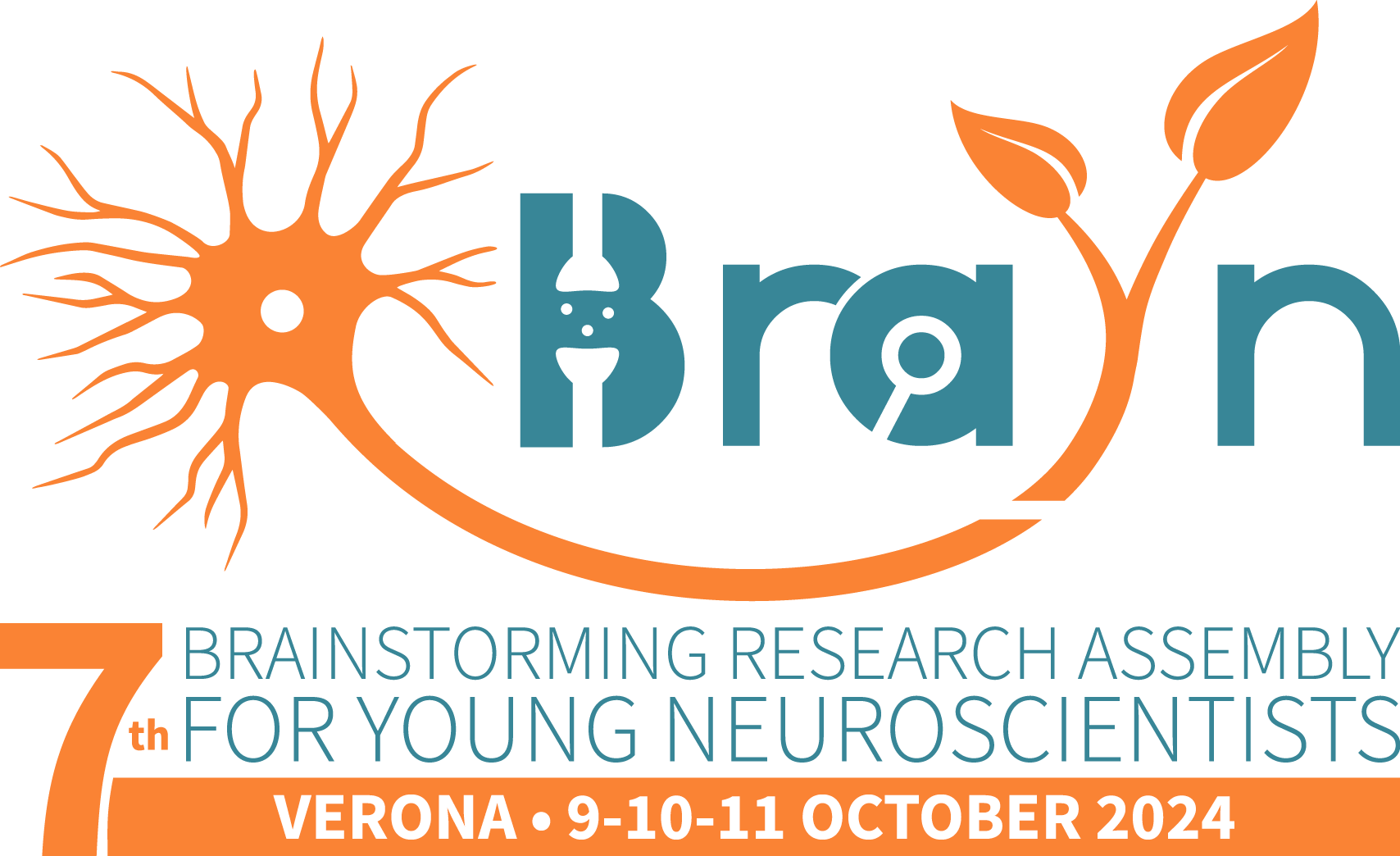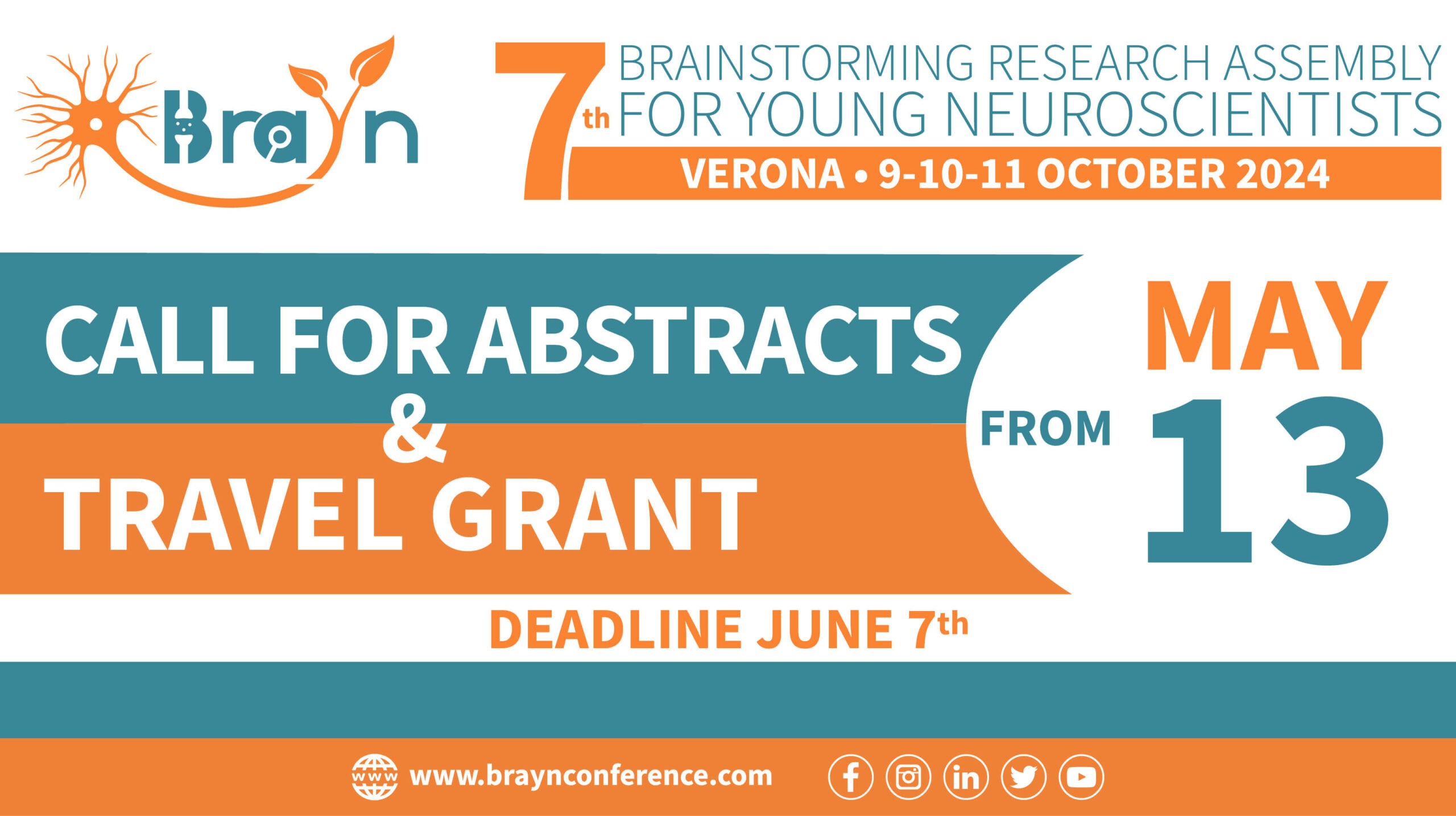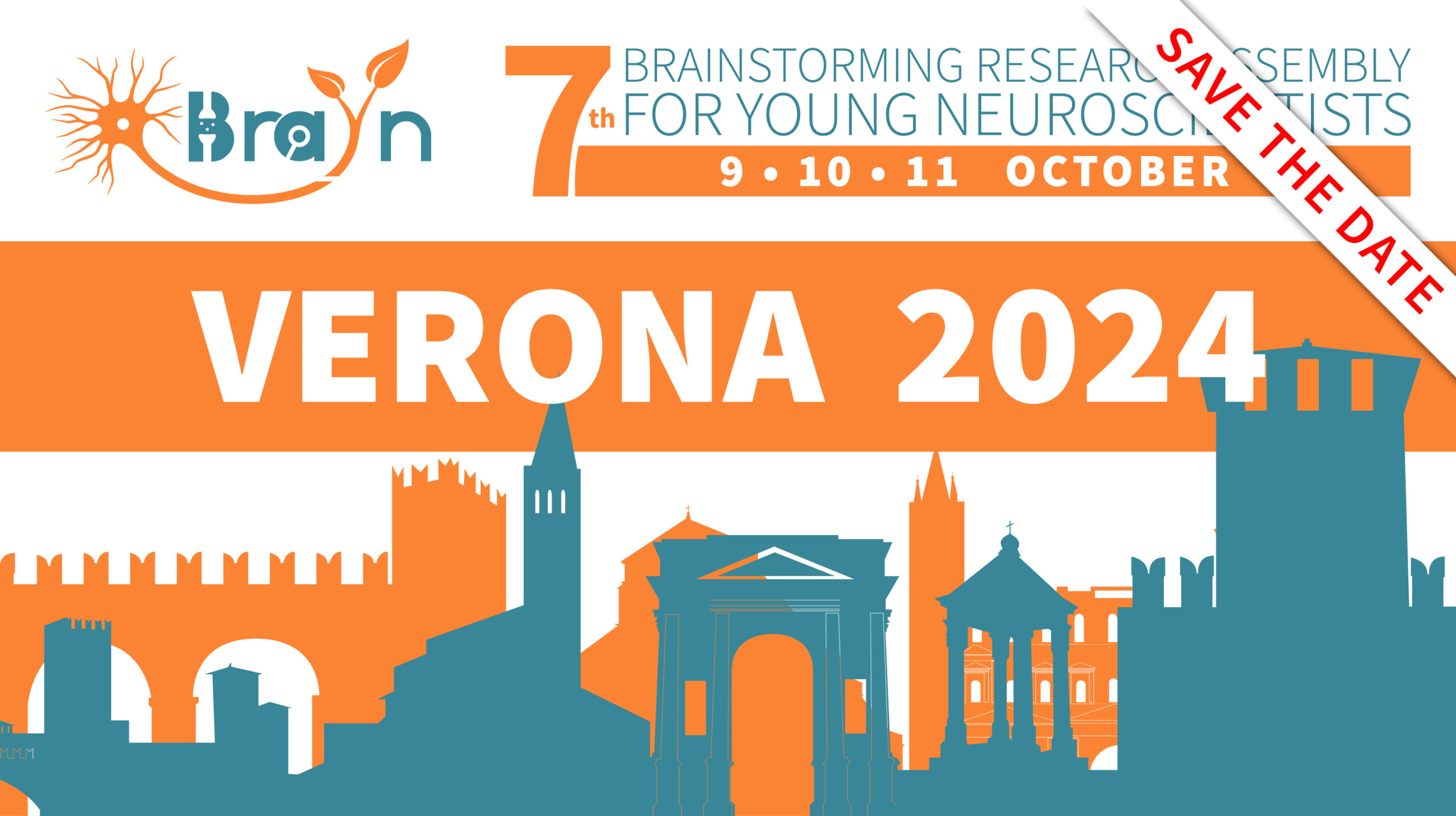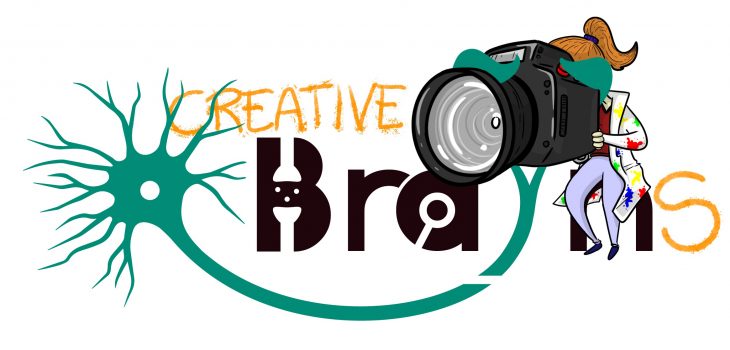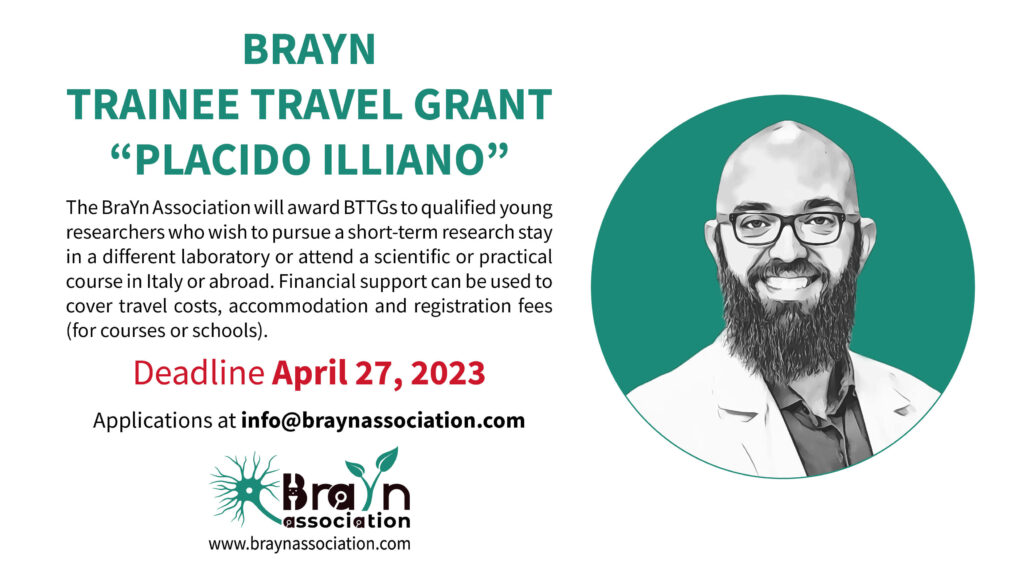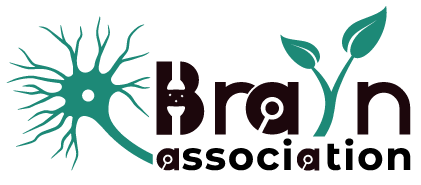Scientific Sessions
Neuroinflammation & Neurovascular is the inflammatory response initiated in the central nervous system (CNS) by resident cells or triggered by infiltrating immune cells, which causes the neuronal dysfunctions observed in inflammatory and neurodegenerative disease of the CNS. The NI session mainly focuses on basic and clinical research in multiple sclerosis (MS), Neuromyelitis Optica Spectrum Disorder (NMOSD) and other inflammatory diseases of the CNS that have a significant impact on the lives of young adults. Although the scientific discoveries of recent decades have improved the therapeutic approaches used for the treatment of such pathologies, many questions still remain unanswered. The NI session aims to discuss the basic pathogenic mechanisms governing CNS inflammation, the role of immune system in CNS autoimmunity, and the importance of genetic and environmental factors in the development of neuroinflammatory diseases, with a patient-centered focus.
Neurodegeneration is a key aspect of a large number of diseases characterized by progressive damage of the nervous system that leads to irreversible neuronal death, such as Parkinson’s disease (PD) and Alzheimer’s disease (AD). PD is a slowly progressive syndrome that begins insidiously, gradually worsens in severity, and usually affects one side of the body before spreading to involve the other side. Rest tremor is often the first symptom recognized by the patient, but the illness sometimes begins with bradykinesia, and in some patients, tremor may never develop. AD is the most common type of dementia and it is an irreversible, neurodegenerative and progressive central nervous system disorder that slowly destroys memory and thinking skills, and, eventually, other mental abilities. Other examples of neurodegenerative diseases are tauopathies, narcolepsy, depression and psychiatric disorders. During the BraYn conference, we will be updated on the more recent advances in the field.
Neuro-oncology is an emerging field of investigation that studies nervous system tumors. As many of them can cause severe nervous system damage, neuro-oncology represents a trending research area in neuroscience, which may identify the molecular mechanisms involved in tumor pathogenesis. This would ultimately lead to the development of novel therapeutic approaches for the treatment of life-threatening diseases such as glioma, and medulloblastoma. These topics will be discussed in depth during the NO session.
We will focus on studies addressing the function of the nervous system and of its components, and the capacity of the nervous system to modify itself, functionally and structurally, in response to experience and injury. All levels of function and plastic changes are included, from the membrane and cell to systems and behaviour. Experimental approaches include molecular, cellular and developmental neurobiology, functional neuroanatomy, neurochemistry, neuropharmacology, electrophysiology, and behavioural analysis, in in vivo, ex-vivo and in vitro models in invertebrate or vertebrate species, including humans.
Epilepsy, Neurodevelopment & Neurogenetics are deeply interconnected fields. Human neurodevelopment is a dynamic and extensive process, beginning at the pre-natal stages, driven by genetic information, and influenced by many environmental factors. The alteration of this process at different levels can lead to neurodevelopmental and psychiatric disorders such as autism spectrum disorder, intellectual disability, and epilepsy. Epilepsy is one of the most common neurological diseases globally. Its etiologies cover a wide range, from genetics to trauma, auto-immunity, and tumors. Unfortunately, available therapeutics only treat the symptoms but not the root cause of the disease. This complexity has pushed epilepsy research to embrace many different fields of neuroscience, to discover the pathophysiological processes that cause and sustain seizures, and potential therapeutic targets. In this session we discuss how new insights from the fields of epilepsy research, developmental disorder and neurogenetics can improve our understanding of the human brain and contribute to novel therapeutic perspectives.


